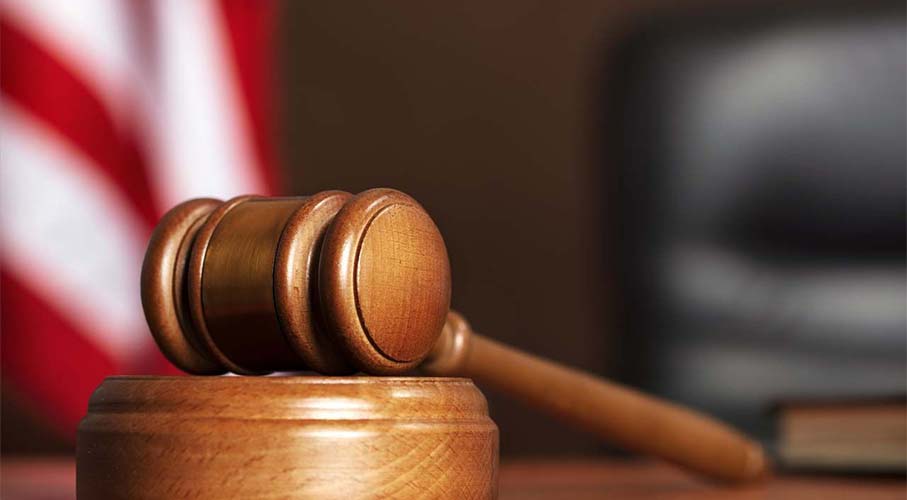This year, the Department of Justice, under the Trump Administration, decide to review the Wire Act of 1961 and this resulted in a change of opinion that made all forms of online gambling subject to the law. As expected, gaming operators and states with or planning to have online gaming industries were quick to express their displeasure with the change primarily because the reinterpretation of the law would have a profound effect on revenue.
Several lawsuits have since been filed against the Department of Justice with the first plaintiff being the New Hampshire State Lottery which was later joined by other entities in the state. Shortly after, it was also revealed that New Jersey has filed an amicus brief on the matter. It does not stop there though. New Jersey is not the only state that has expressed concerns that the reinterpreted Wire Act will be broadly applied thus putting various online gaming projects at risk. Pennsylvania is also feeling the heat.
Once the reversal of the Wire Act opinion was announced, Josh Shapiro, the Keystone State’s attorney general, and Gurbir Grewal, the New Jersey attorney general, penned a letter to the administration expressing their concerns and announcing that they were opposed to the change. Last week, it was confirmed that Pennsylvania is indeed ready to fight against the new ruling – the state acted through its Lottery and the Department of Revenue by filing a request to be part of the lawsuit.
According to the Pennsylvanian plaintiffs, the new Wire Act opinion will have an unprecedented effect on lottery games such as the Powerball which occurs across a number of states. They believe that the new opinion could potentially cripple all the state lottery sales and this would, in turn, result in the loss of revenue to the tunes of a billion dollars.
Request Denied
Unfortunately, Pennsylvania’s attempt towards championing the reversal of the new Wire Act opinion may have been short-lived following a move by a Judge Paul J. Barbadoro. The judge turned down the Keystone State’s request to join the lawsuit against the DOJ alongside New Hampshire.
“I deny the motion for substantially the same reasons that caused me to deny the prior motion to intervene. Further, I categorically reject the proposed intervenor’s contention that it is entitled to intervene as of right in this case simply because an adverse ruling could affect the lawfulness of its state statutes under certain circumstances,” Judge Barbadoro’s order read.
According to the judge, the state’s complaint falls outside the jurisdiction of the 1st Circuit Court and therefore “an adverse ruling by this court would not bind the proposed intervenor, and nothing prevents the proposed intervenor from bringing its own action in a court with proper venue to protect its interests.” Regardless of this setback, Pennsylvania may still be able to fight the Wire Act opinion but this will be on condition that the state files an amicus by Wednesday.






